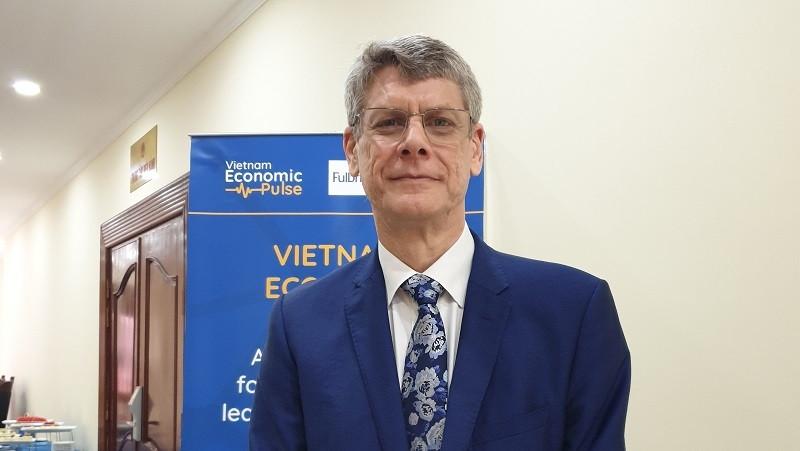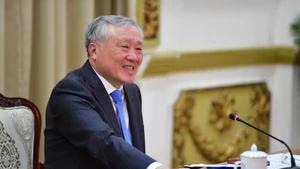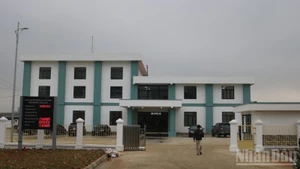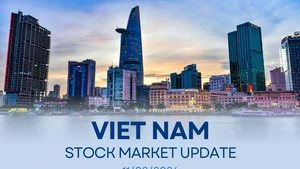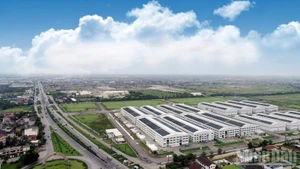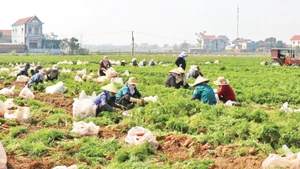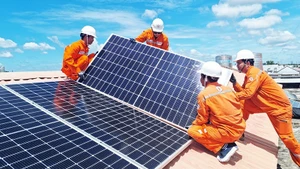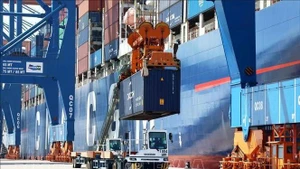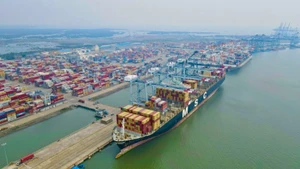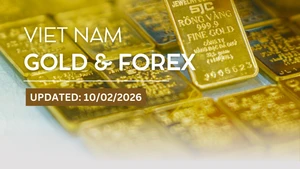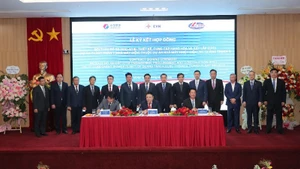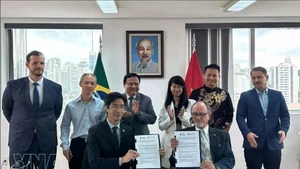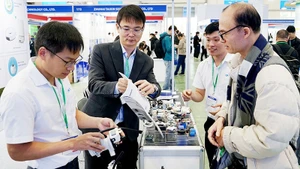At the Vietnam Economic Pulse forum virtually held on November 5, Pincus laid stress on the important role of development finance for post-economic recovery in Vietnam, and said that domestic resource mobilisation is the key to increasing the supply of long-term finance for productive investment.
“Government must play a more active role mobilising resources and structuring incentives to lengthen time horizons, conserve scarce foreign exchange and encourage investment in socially desirable projects”.
Vietnam needs to maintain an investment rate between 35-40 percent of GDP to achieve the country’s economic ambitions, he said, adding the recovery relied heavily on foreign direct investment (FDI), which is expensive and generate foreign liabilities.
Therefore, rebalancing investment toward domestic sources should be a top priority of the Government for the rest of this decade.
He recommended Vietnam reform policy banks as they are a key for the country to sustain a very high rate of investment, which will be needed to recover from COVID-19 as well as other challenges such as climate change.
Talking with the press on the sidelines of the forum, Pincus said Vietnam should perform better in the public sector and financial institutions, adding it is time to have a serious look at banks for social policies to see how these institutions can be more effective.
Asked about Vietnam’s FDI attraction, he said Vietnam should look for projects that bring both new technologies and new products.
The expert said investment in productive activities, particularly in export, is good as export is vitally important to Vietnam since it helps the nation tap into global demand while the domestic market is still too small to drive investment and productivity growth.
Regarding Vietnam’s advantages for post-pandemic recovery, he said Vietnam has still been regarded as a country with tremendous export potential, saying Vietnam is a “really successful exporter of agricultural commodities.”
“There are a lot of emerging industries in Vietnam where Vietnam is still quite competitive and can develop those markets quite quickly.”
Moreover, Vietnam has “a very stable macro situation, very stable wages, very stable exchange rate,” which, Pincus said, helps to build confidence of investors.
